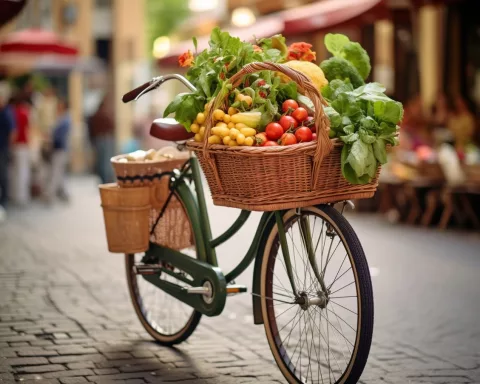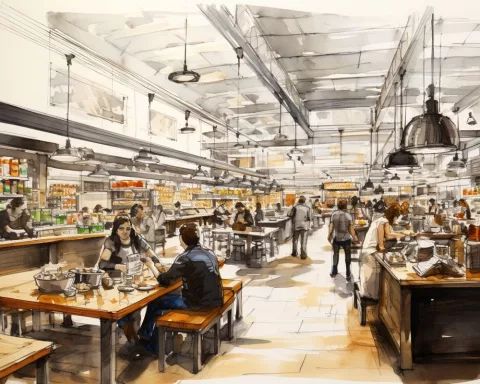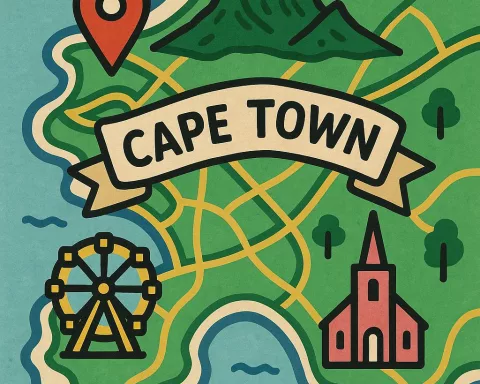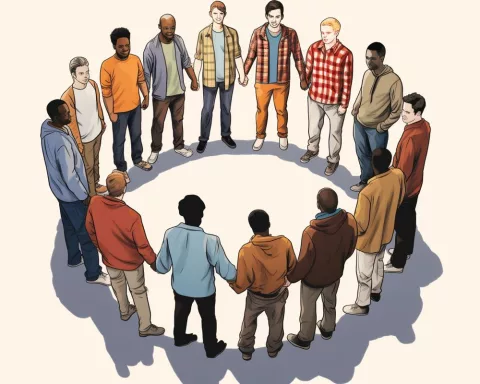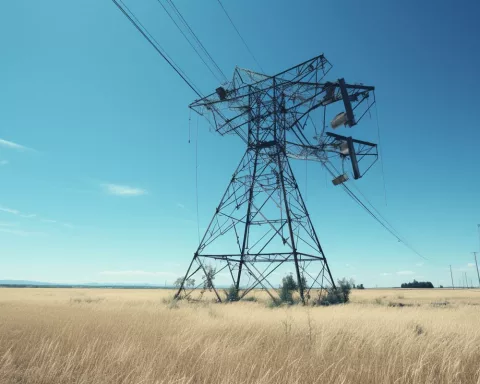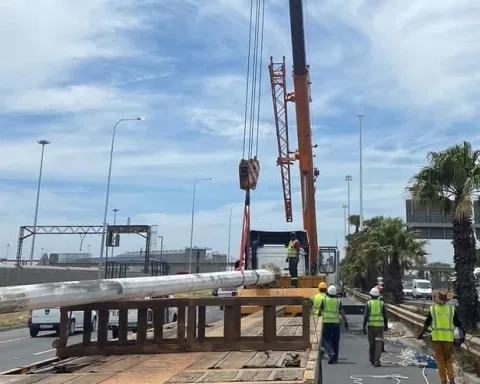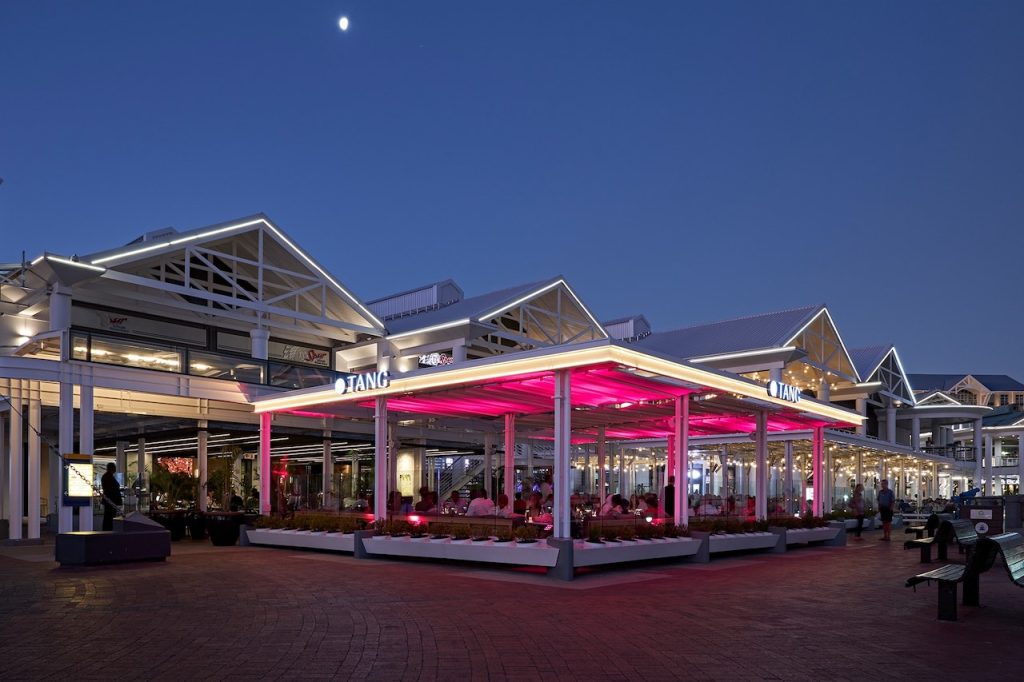Cape Town News
The 3rd African Union Men’s Conference on Positive Masculinity was a groundbreaking event held in Pretoria and attended by influential global figures. The conference aimed to involve men and boys in the fight against genderbased violence and advocated for positive masculinity. President Cyril Ramaphosa emphasized the need for men to take center stage in bringing about change and encouraged traits like empathy, emotional intelligence, respect for diversity, and vulnerability. The conference serves as a vital platform to reinforce political commitment, expedite collective actions, and establish men’s role in eliminating violence against women and girls.
Pitso Mosimane, former coach of Bafana Bafana, dreams of leading a team to the FIFA World Cup, with a particular admiration for the Nigerian national team and players like Samuel Chukwueze and Victor Osimhen. He acknowledges potential challenges, such as government interference and football federation politics, but remains devoted to his native South Africa. Mosimane is skeptical of the legitimacy of the African Football League, but recognizes its financial benefits for clubs. His ambition and readiness for new challenges promise to keep fans engaged and adversaries alert.
Barcelona faces a crucial match against FC Porto in the Champions League, with the possibility of securing a place in the top 16 with a win. Head coach Xavi Hernandez believes that the game could be a gamechanger for the team, who have faced criticism for their inconsistent play recently. Despite facing an uphill battle with injuries and setbacks, Barcelona has a chance to turn their season around and reach the knockout stage.
Within the heartland of South Africa, the Nsikazi Stadium in Ehlanzeni, Mpumalanga, bore witness to an event of utmost significance. Deputy President Shipokosa Paulus Mashatile, accompanied by dignitaries, bureaucrats, and media professionals, unveiled the 16 Days of Activism against the Violence against Women and Children initiative. This yearly international mission begins on the 25th of November, marking the inception of an intensive campaign to eradicate violence and foster gender equilibrium.
South Africa’s Electricity Regulation Amendment Bill is undergoing changes proposed by residents in the Alfred Nzo District Municipality. Proposed changes include tougher penalties for sabotage and breaking up Eskom into independent firms to encourage competition and increase power generation capacity. Public hearings have provided a platform for community voices, with residents calling for an increase in maximum sentence for sabotage and a quicker enactment of the ERA Bill. The committee has pledged to listen to the residents’ viewpoints and incorporate their insights as the ERA Bill is deliberated.
South Africa aims to reduce road traffic deaths and injuries by at least 50% by 2030 through strategies focused on pedestrian safety, vehicle roadworthiness, drunken driving, speeding, public transport overloading, and warrant execution, as highlighted by Transport Minister Sindisiwe Chikunga in her keynote speech at the World Remembrance Day and the 2023/24 Road Safety Festive Season Campaign launch. The Festive Season Road Safety Campaign aims to enhance road safety during this crucial period and promote proactive involvement in curbing violence against women and children.
Minister Patricia de Lille visited Manyane Lodge to draw attention to its unfinished state, which has been a cause of concern since 2016 due to rising costs and a request for additional funding. However, the Department of Tourism has engaged the Development Bank of South Africa to finalize the project and has set aside R27.9 million to refurbish and complete existing facilities. The completion of Manyane Lodge has the potential to trigger private sector investment, generate employment, and bring prosperity to the North West Province communities.
The story of St Lucia’s Unyielding Vigor is one of tragedy and heroism. A local teenager was lost to the sea, but a 14yearold boy was saved by a brave hero. Rescue teams and police divers worked tirelessly to find the missing teenager, while a separate incident saw a man lost to the waves in Struisbaai North. Amidst the grief, the St Lucia community showed their resilience and solidarity, reminding us that the strength of humanity can triumph over even life’s most tumultuous currents.
Get ready for an epic showdown as Paris SaintGermain and Newcastle United face off in the UEFA Champions League. PSG, led by the talented Kylian Mbappe, are unbeatable at their home stadium, while Newcastle have struggled on the road due to injuries. Expect an attacking game from PSG and a more defensive approach from Newcastle, with the likelihood of many goals in favor of PSG. While the outcome is uncertain, PSG are the favorites to win.
James Blunt is set to tour South Africa in 2024 to promote his latest album “Who We Used To Be.” The tour will begin in Cape Town on September 12 and continue in Pretoria on September 14. Fans can purchase tickets starting from December 1, 2023, on Ticketmaster.co.za, and Blunt’s new album sees him teaming up with gifted producers to enhance his musical style. The Grammynominated artist is known for his soulstirring lyrics and unique vocal quality and is excited to get back on tour and share his new tracks with his fans.
Taylor Swift and Travis Kelce’s love story is an exciting and captivating tale of love and success. Both dominating their respective fields, their relationship has become an indomitable force that is capturing the hearts of many. Their story is a testament to the potency of passion and their extraordinary knack for balancing professional brilliance with personal fulfillment. As they continue to make significant strides in their personal and professional lives, their journey is one to keep an eye on.
The upcoming AC Milan vs. Borussia Dortmund match in the Champions League is set to be an exciting encounter, with veteran striker Olivier Giroud playing a crucial role for Milan. With his eight goals this season, Giroud has proven to be an integral part of Milan’s attacking strategy. Milan’s dependence on Giroud was highlighted in their recent game against Fiorentina, where their makeshift attacking line struggled without him. Meanwhile, Dortmund’s defensive resilience in Europe has been a cornerstone of their campaign, with this match being an opportunity for them to solidify their standing.
Max Verstappen and Charles Leclerc have called for modifications to be made to the Yas Marina Circuit in order to enhance racing. They have specifically identified offcamber corners as an obstacle to competitive racing and have suggested adding more banked corners to improve the quality of racing. The circuit has undergone significant modifications in the past to increase overtaking opportunities, but implementing changes to the camber of corners is a complex and expensive process. Nonetheless, Verstappen and Leclerc’s insights provide an intriguing proposition for the future of Formula 1 racing.
The City of Cape Town is revitalizing FW de Klerk Boulevard by replacing aging high mast streetlights with sustainable and efficient LED streetlights. With a dedicated budget of over R3 million, the project offers both aesthetic and safety enhancements to the city’s inhabitants and visitors. The Energy Safety teams are on high alert, and the City encourages citizen participation in reporting any illegal activities they witness to safeguard the integrity of the city’s electrical infrastructure. The project exemplifies the City’s vision of progress and resilience in overcoming challenges for a brighter future.
The Impala Platinum disaster resulted in the tragic loss of 11 miners and injuries to 75 others due to a safetyrelated incident involving a personnel conveyance winder rope. The accident has cast a melancholic shadow over the entire nation and highlighted the critical need for stringent safety standards and protocols in mining operations. The mining community remains united in grief and resilience, committed to creating a safer future.
The South African financial sector is set for a new chapter with the appointment of Eileen Meyer as the Chairperson of the Ombud Council Board of Directors. The council’s role is to supervise regulatory actions for numerous ombud schemes, ensuring affordable, effective, and independent dispute resolution processes for financial customers. Ms. Meyer brings strong expertise in financial management and strategic leadership, making her an excellent fit for the position. With her and the board’s collective expertise, the Council is set to make a significant impact in promoting fairness and efficiency in the financial industry.

